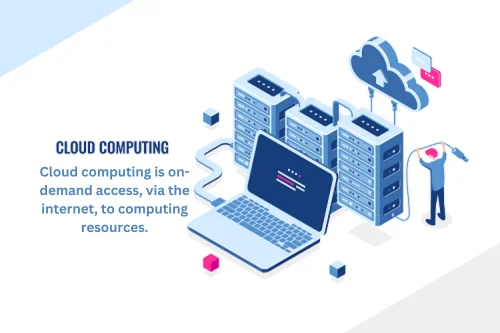


Ideastack offers high quality cloud hosting services in a tier 3 data center across the globe in multiple location which ensures you to get a stable and reliable web hosting.
With our 24/7 active customer care, we provide India's best technical support.
At Ideastack you can upgrade and downgrade your plans without any extra cost with multiple options customized as per your need!
You will get the log-on root access for VPS hosting India at an administrator level, which means you will get the absolute authority to control your server provided by us.
At Ideastack we use tier 3 Datacenter to ensure you get the best infrastructure which includes dual powered fault-tolerant components, HVAC systems, redundant uplinks and chillers.
Our Data centers are located in tier 1 cities Globally to get the best speed for your cheap VPS hosting needs.
The use of the cloud is growing in popularity every day. Large-scale data storage systems and constant corporate expansion and growth necessitate extremely powerful computing resources. With cloud computing, businesses may grow and safely transfer data from physical sites to a global "cloud."
Cloud computing offers several key features, making it a powerful and flexible technology.
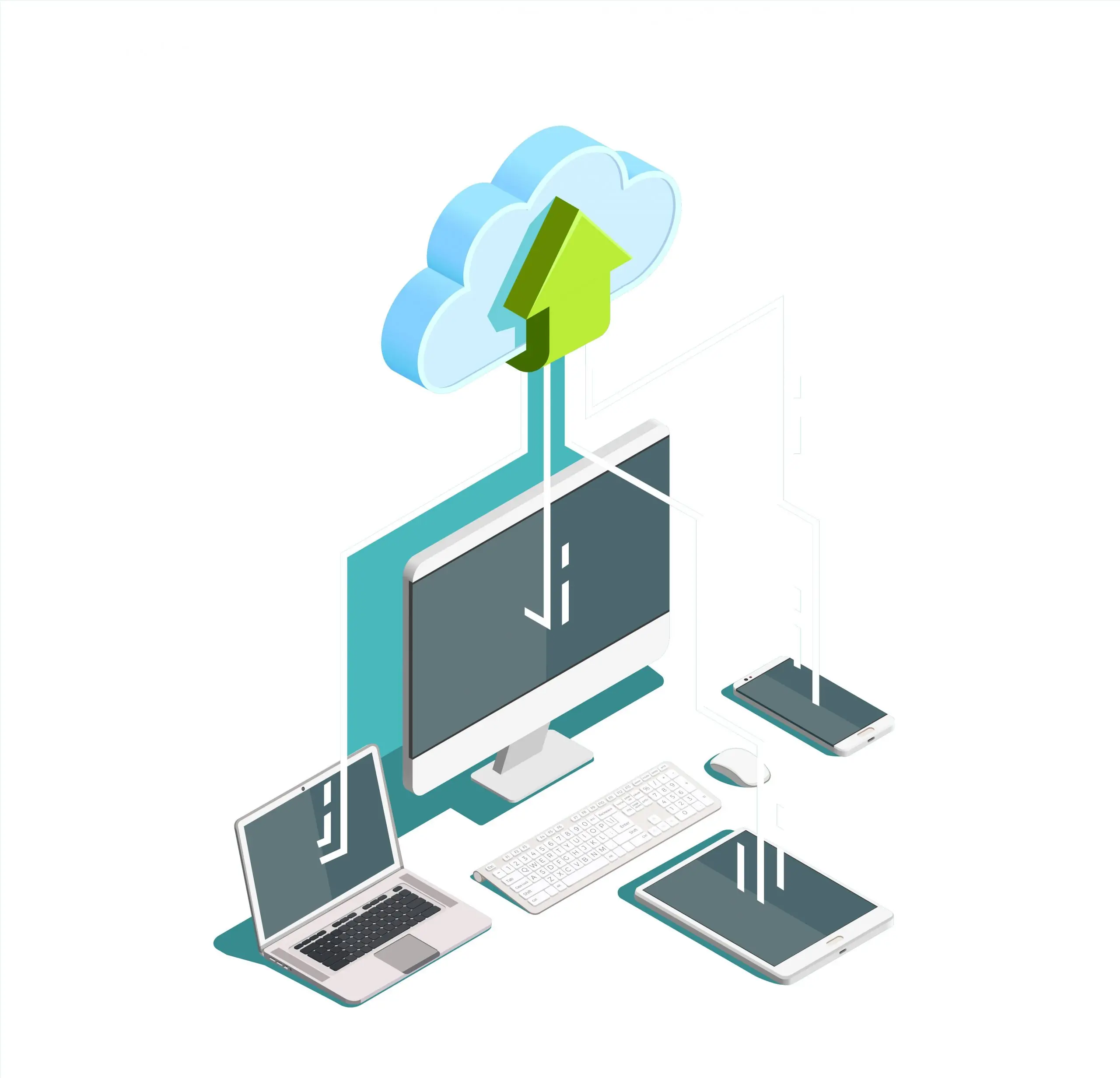
Identity management in cloud computing refers to the processes and tools used to manage and control user identities, authentication, and access to resources within a cloud environment. It allows administrators to define and enforce access policies, manage user accounts, and ensure secure authentication and authorization mechanisms.
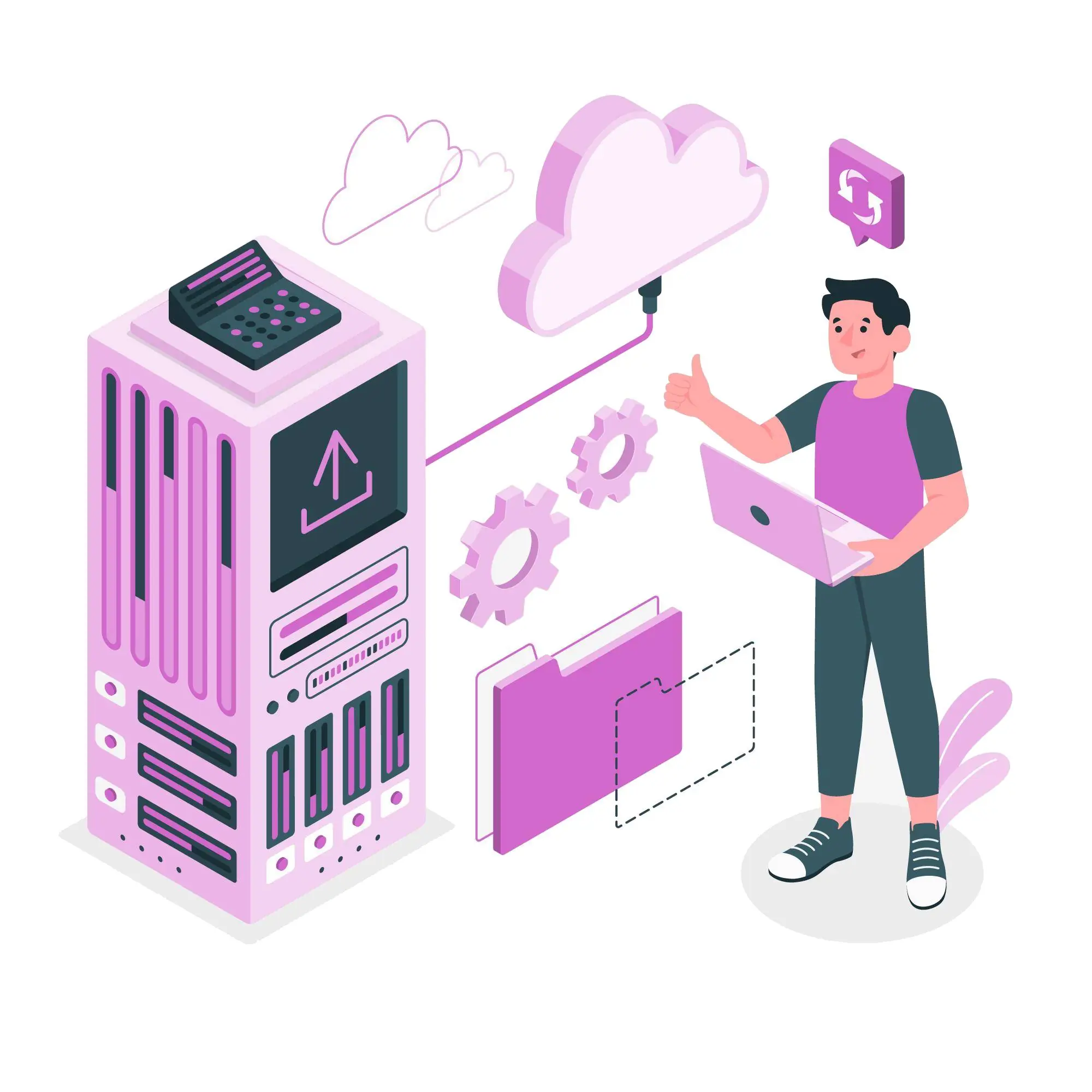
A virtual machine (VM) is a software emulation of a physical computer that allows users to run multiple operating systems and applications on a single physical server. In cloud computing, VMs are provisioned and managed by the cloud service provider, allowing users to scale their computing resources up or down as needed easily.
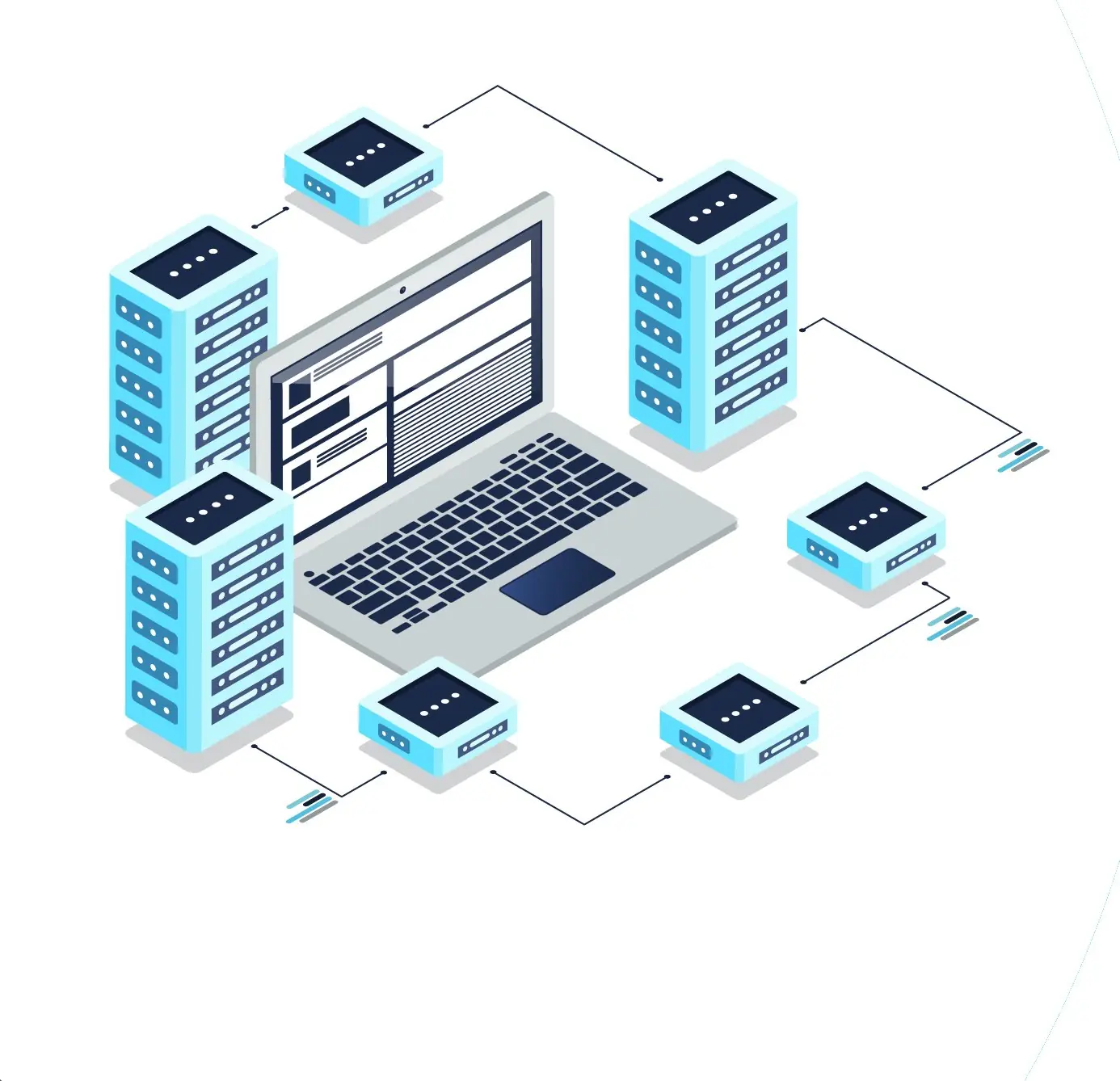
Block storage is a type of storage architecture that divides data into fixed-sized blocks and stores them independently. In cloud computing, block storage provides persistent storage for virtual machines and other applications. It offers high-performance storage with features such as data replication, snapshots, and the ability to attach and detach storage volumes as needed.
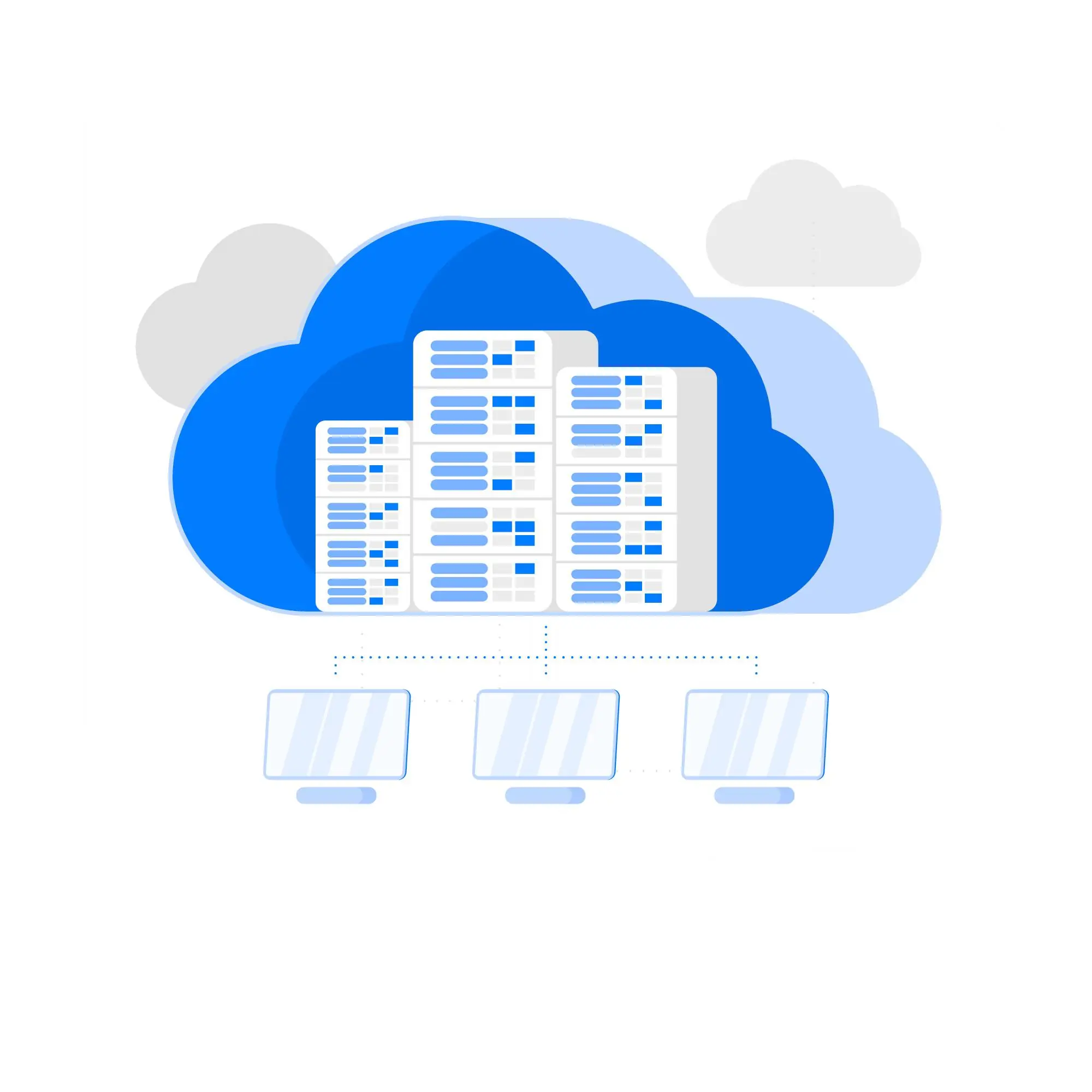
Load balancers distribute incoming network traffic across multiple servers or computing resources to optimize performance, enhance scalability, and ensure high availability. In cloud computing, load balancers help evenly distribute traffic to virtual machines or containers, improving overall system performance and preventing any single resource from becoming overwhelmed.
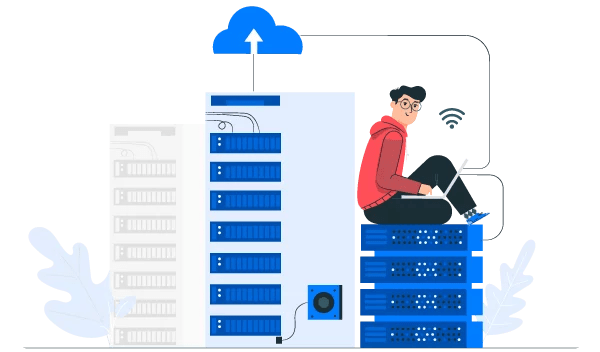
Cloud computing monitoring involves collecting, analyzing, and visualizing various metrics and data points related to the performance, availability, and utilization of cloud resources. Monitoring tools enable administrators to track system health, identify bottlenecks or issues, and make data-driven decisions to optimize resource allocation and improve overall system performance.

In cloud computing, an image refers to a pre-configured and encapsulated software package containing an operating system, applications, and any necessary configurations. It serves as a template for creating virtual machines or containers, allowing users to quickly and consistently deploy instances with a specific software stack.
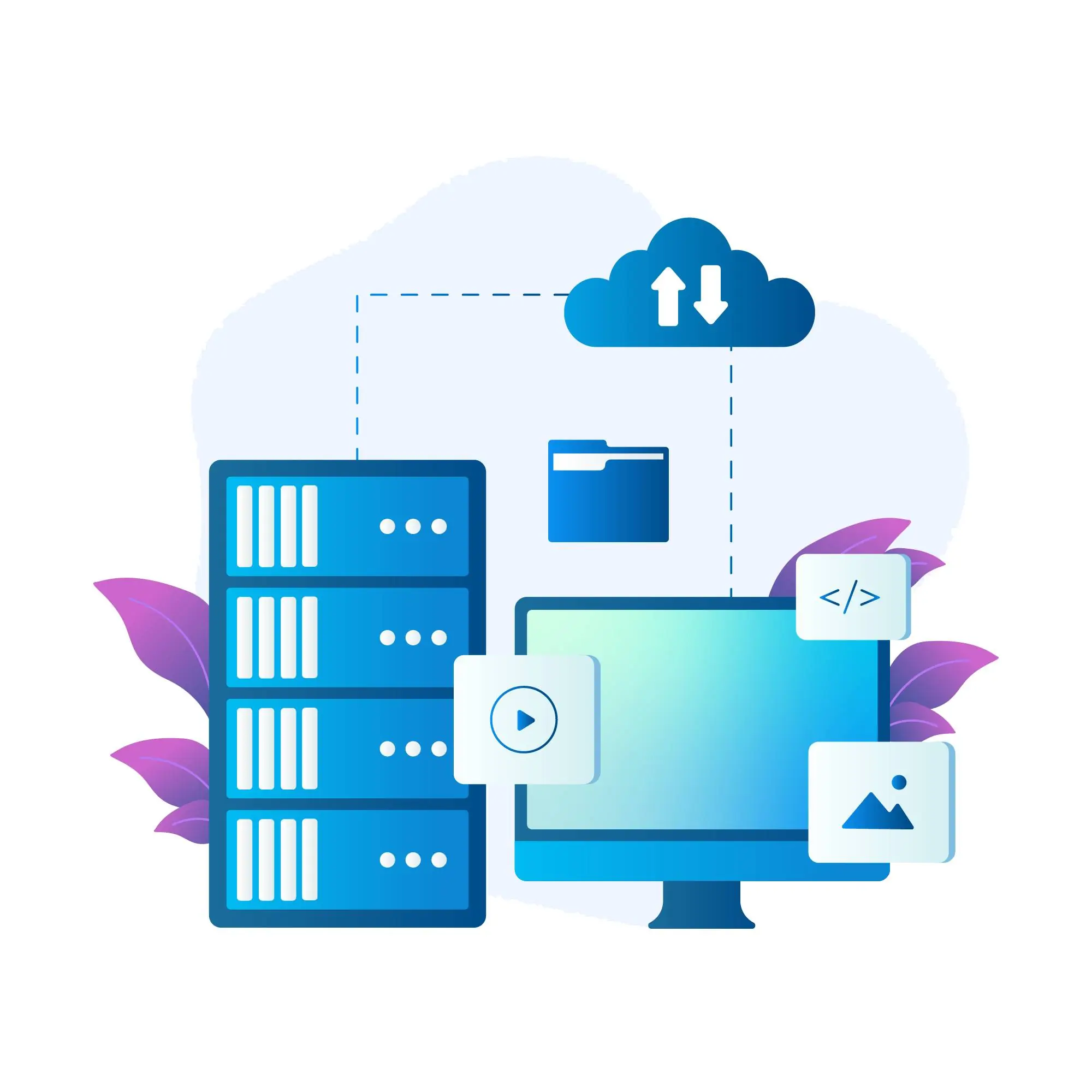
A virtual private cloud (VPC) is a logically isolated virtual network within a public cloud environment. It allows users to define and manage their private IP address range, subnets, routing tables, and network gateways. VPCs provide enhanced security and isolation by allowing users to control network access and establish VPN connections to their on-premises infrastructure.
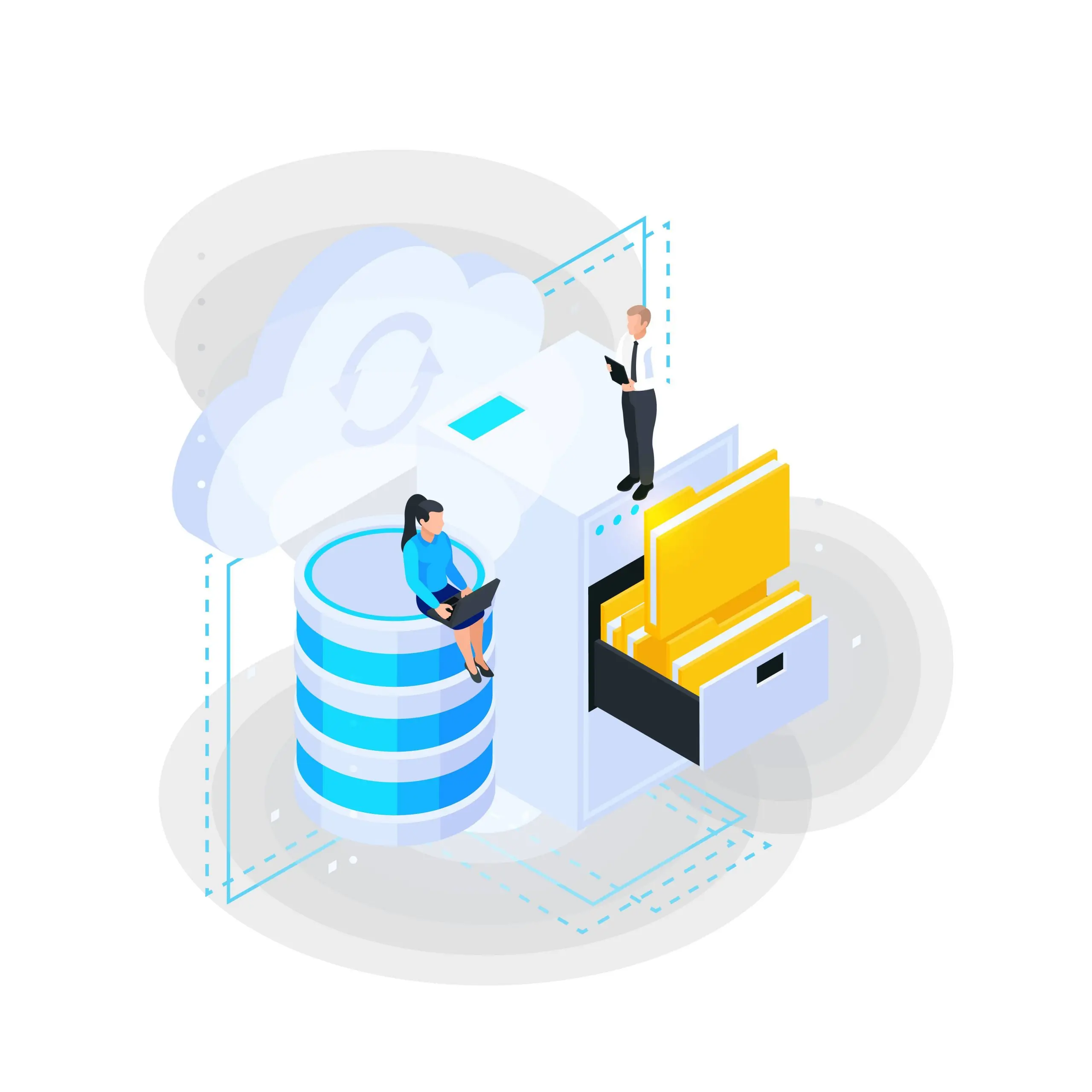
Object storage is a type of data storage architecture that manages data as discrete objects rather than traditional file systems or block storage. Each object includes data, metadata, and a unique identifier, and they are stored in a flat address space. Object storage in cloud computing offers unlimited scalability, durability, and accessibility, making it suitable for storing unstructured data such as images, videos, and documents.
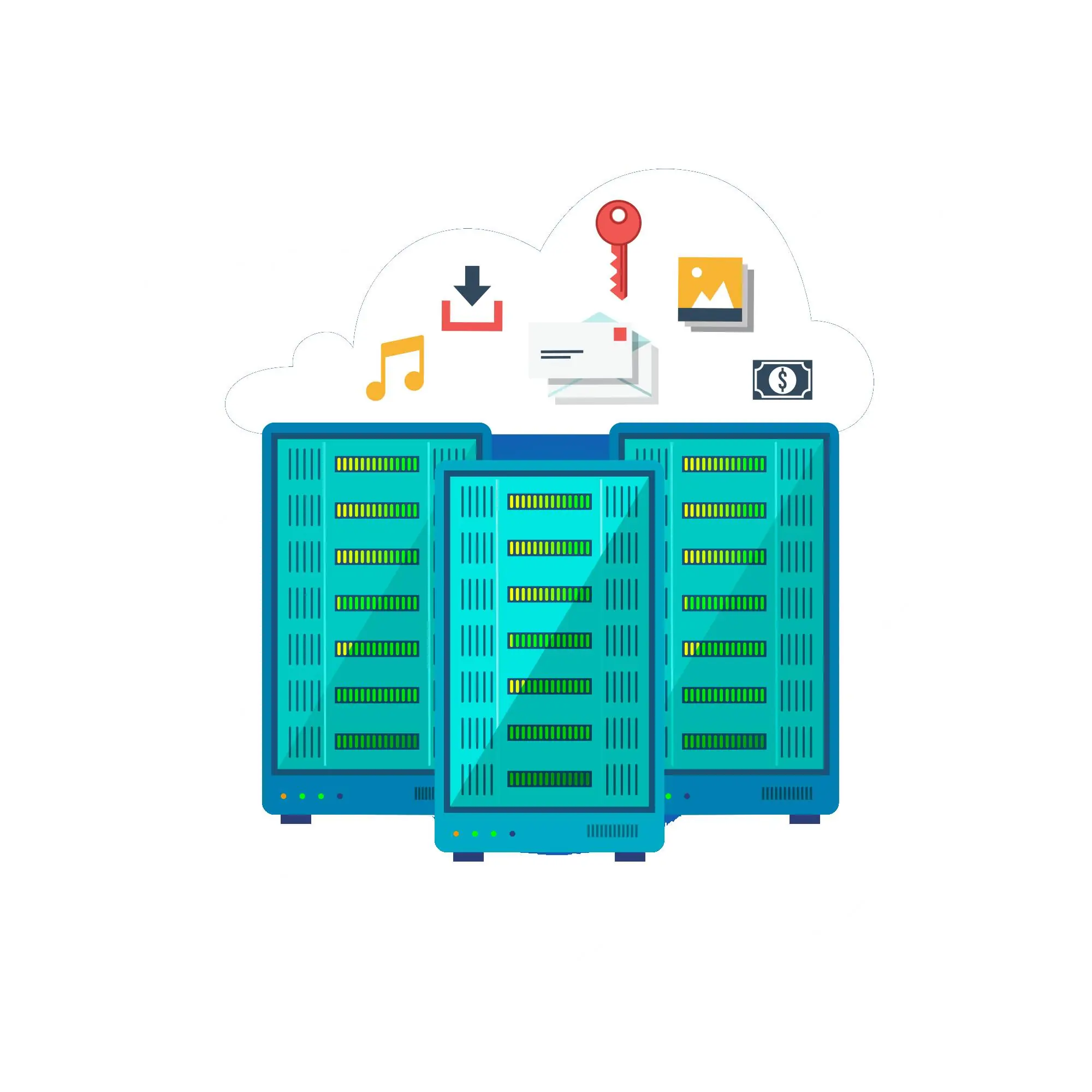
Containers are lightweight, isolated execution environments that package applications and their dependencies, allowing them to run consistently across different computing environments. In cloud computing, containerization enables efficient resource utilization, rapid application deployment, and scalability. Containers provide a consistent and reproducible environment for running applications, making them popular for cloud-native and microservices-based architectures.

Billing in cloud computing refers to tracking resource usage and generating invoices for customers based on their consumption. Cloud service providers typically offer various pricing models, such as pay-as-you-go or subscription-based, allowing users to pay for the resources they use. Billing systems provide transparency, cost management, and detailed usage reports to help users understand and optimize their cloud spending.
We support all Linux and windows templates.
Just open a support ticket for getting it deployed.
Available with VPS
Actually, the answer to this question is "Transparency". We, at Ideastack, don't charge excess amount for our cloud hosting services. Unlike other hosting providers, we don't have additional charges, you just pay for what you get.
Cloud is secure with encryption and access controls. Providers implement protocols, and customers follow best practices.
Cloud computing saves costs by eliminating hardware investments, reducing maintenance expenses, and offering flexible pay-as-you-go pricing. The provider manages infrastructure, easing the IT team's burden and lowering operational costs.
A cloud server is a virtualized server accessed over the internet, offering scalability, cost-efficiency, reliability, and easy maintenance, making it a more advantageous option than traditional physical servers.
Cloud enables robust disaster recovery with automated backups and replication, reducing downtime and data loss risk.
Cloud computing suits web hosting, data storage, software development, content delivery, and scalable applications, reducing costs and adapting to fluctuating resource needs.
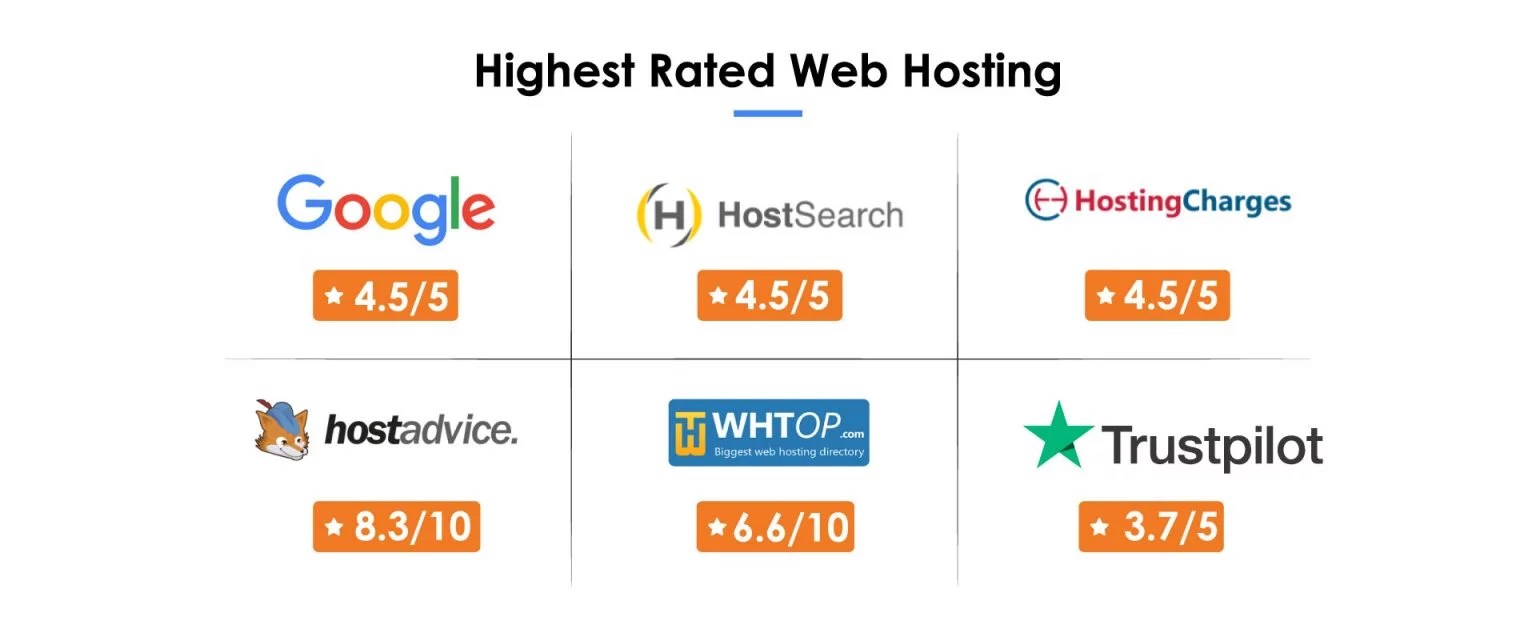
Check out the Valuable feedback of our customers